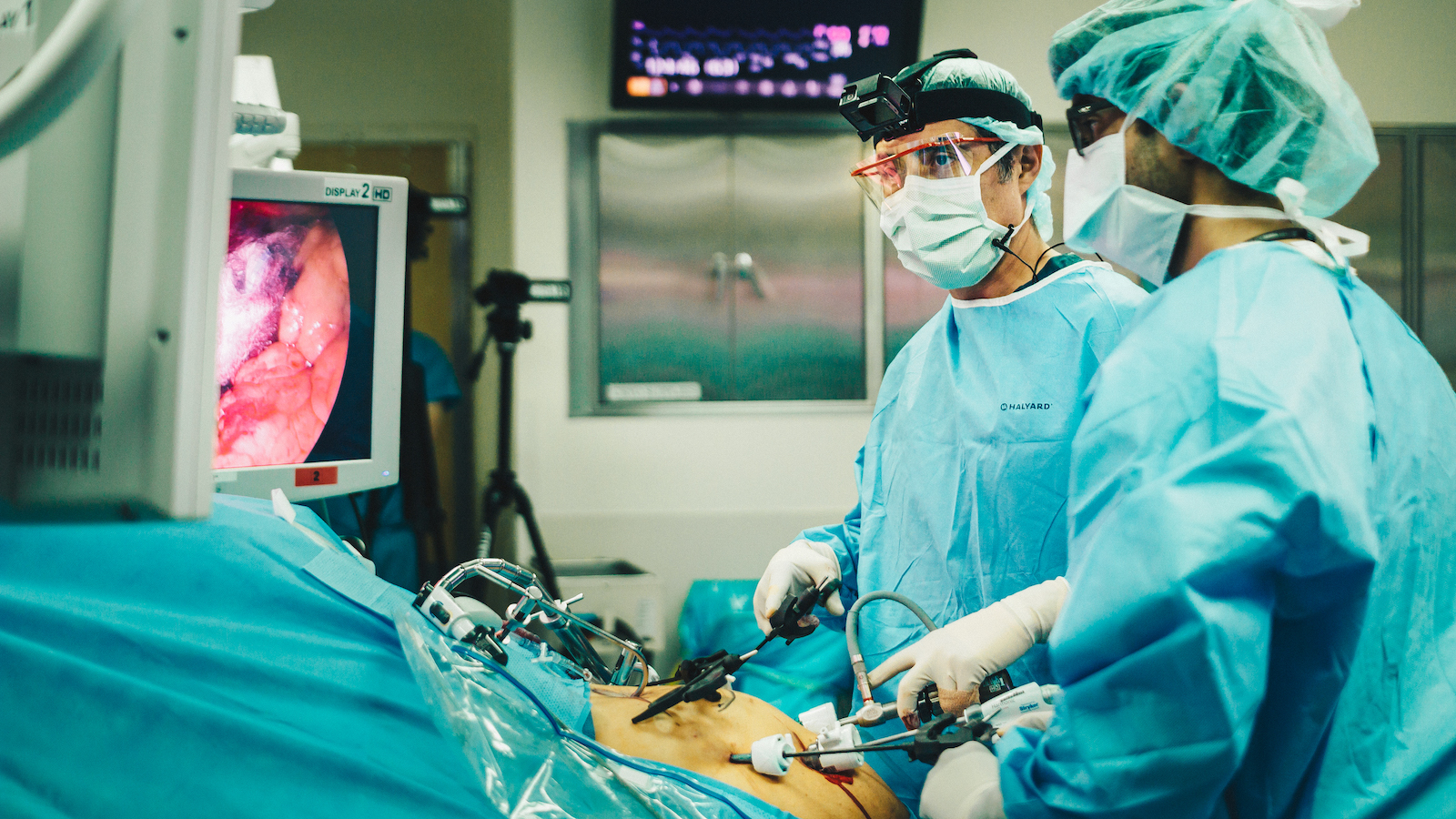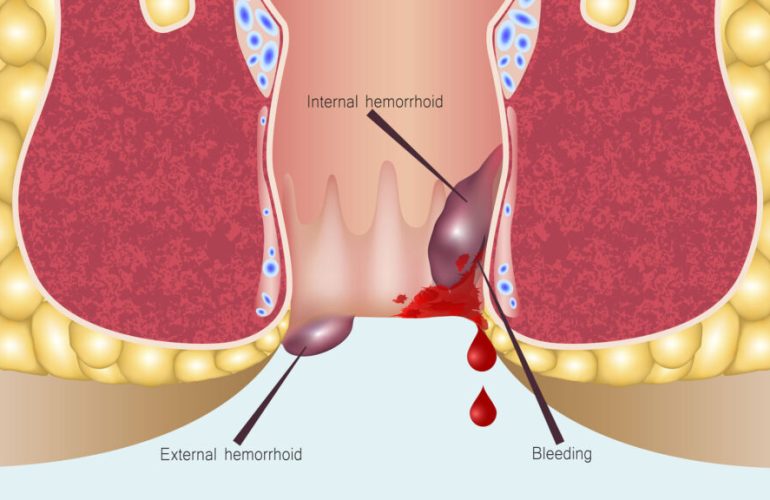10 Things You Didn’t Know About Cholecystectomy That Will Surprise You!
Cholecystectomy, which involves surgically excising the gallbladder, is a frequently conducted operation aimed at addressing issues such as gallstones and various gallbladder disorders. Although the term is widely recognized, there are numerous intriguing and lesser-known details about this procedure that could catch you off guard. Let’s explore ten surprising facts about cholecystectomy!
- Historical Origins –
Problems related to the gallbladder have been recognized for centuries, not just in contemporary times. The Greeks and Romans had some understanding of gallbladder ailments, but their treatment techniques were quite rudimentary. It was only in the late 1800s that Carl Langenbuch successfully conducted the first cholecystectomy in Germany.
- The Laparoscopic Breakthrough –
The late 1980s saw a groundbreaking advancement in gallbladder surgery with the advent of laparoscopic cholecystectomy. This innovative approach employs tiny incisions and a camera to facilitate the procedure, leading to quicker recovery periods, diminished discomfort, and less visible scarring when compared to conventional open surgery techniques.
- High Success Rate –
Cholecystectomy boasts of a high success rate and is among the most frequently conducted surgical procedures in modern medicine. The procedure generally yields excellent outcomes, as the majority of patients find significant symptom relief and swiftly resume their regular routines.
- Role of the Gallbladder –
A common question among individuals is how they can manage life after having their gallbladder removed. The main role of the gallbladder is to hold the bile that the liver generates. In its absence, bile moves straight from the liver to the small intestine. Although some changes to one’s diet might be required at first, the majority of people continue to lead a healthy lifestyle without a gallbladder. If you’re considering gallbladder surgery in Chembur, our experienced surgeons and advanced facilities can help ensure a smooth transition and recovery, allowing you to continue enjoying a healthy lifestyle.
- Digestive Alterations After Surgery –
Although most individuals adapt successfully following a cholecystectomy, a few might notice alterations in their digestive processes. This can manifest as diarrhoea, bloating, or an increase in bowel movement frequency. Typically, these issues are short-lived and can be alleviated through diet modifications.
- Cholecystectomy Is Not Just For Gallstones –
Although gallstones are the primary reason for performing a cholecystectomy, they are not the sole factor. Additional issues, including inflammation of the gallbladder (cholecystitis), the presence of gallbladder polyps, and biliary dyskinesia (a disorder affecting motility), may also require the surgical removal of the gallbladder.
- Urgent vs. Scheduled Surgery Cholecystectomy –
Cholecystectomy can be categorized as either an elective or an urgent operation. Elective surgeries are arranged ahead of time, whereas emergency surgeries are conducted promptly in response to critical conditions such as a ruptured gallbladder or acute cholecystitis.
- Outpatient Surgery Option –
In numerous instances, laparoscopic cholecystectomy can be conducted on an outpatient basis, allowing patients to return home on the same day. This is attributed to the surgery’s minimally invasive approach, which lessens the necessity for prolonged hospital admissions.
- Lifestyle Changes Post Cholecystectomy –
Following a cholecystectomy, many individuals report a notable enhancement in their overall well-being. Freed from the distressing symptoms associated with gallstones or gallbladder issues, they can savour a wider variety of foods and participate in activities without experiencing pain.
- Post-Surgery Diet –
It is typically advised to start with a low-fat diet to help the digestive system adapt. Over time, many individuals can resume their regular eating habits; however, some may discover that specific fatty or spicy foods cause digestive issues. It’s important to pay attention to your body and choose foods that promote your well-being and comfort.
The procedure known as cholecystectomy boasts an intriguing background and a notable success rate. Familiarizing yourself with some of its lesser-known aspects can clarify the surgery and offer comfort to individuals who are about to undergo it.
Whether carried out on a planned basis or in urgent situations, cholecystectomy significantly enhances the quality of life for those dealing with gallbladder problems. As with any medical intervention, it’s crucial to address any worries or inquiries with your healthcare professional, ensuring you are well-informed for a seamless recovery and a healthy future ahead.
Also read: The Role of Diagnostic Laparoscopy & Hysteroscopy in Gynaecological Care
![]()




